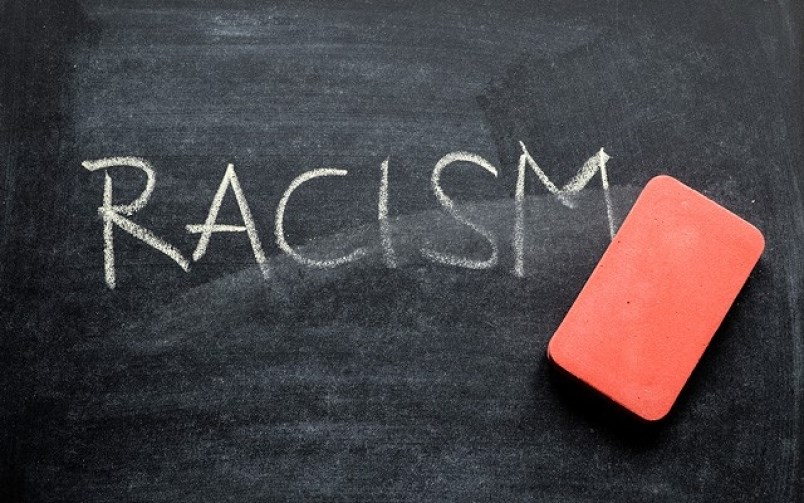As Burnaby prepares to mark the city’s inaugural Day of Action Against Asian Racism, I am reflecting on how the pandemic has brought what was already there to the surface. I have seen our school communities and others truly come together to support one another.
Sadly, COVID-19 has also highlighted a darker side to society.
Here in Burnaby in the first year of the pandemic, RCMP reported a 350% increase of anti-Asian hate crimes. That rise is even higher over in Vancouver, with a 717% increase reported last year.
As an Asian woman and an elected official, I have been thinking about the power that each of us has as individuals to effect positive change, and also about my own experiences growing up in the Lower Mainland. When I was young, I would get called racial slurs or told to go back to where I came from. I would see friends made fun of for speaking their first language and see our elderly treated with disrespect. These were common occurrences then and, unfortunately, still happen occasionally to this day. Incidents of racism were not something I openly discussed when I grew up. It was a hurt that I internalized. I did not realize that by not discussing my experiences with others, I was complicit in keeping anti-Asian racism hidden. I am encouraged by the open conversation and dialogue that are helping to create change. I also recognize that as I've gotten older, I've grown a thicker skin when these things happen to me. But no one, especially our youth, should have to grow a thicker skin to endure racism. No one should feel unsafe because of their race.
The horrific murders in March of eight people in Georgia not only focused a lens on anti-Asian racism in the United States and here at home, but also highlighted the intersection between racism and misogyny. A statement from the UBC School of Public Policy and Global Affairs sheds light on what is happening locally, especially to women: “In 2019, half of UBC students who identified as ethnically Asian reported experiencing discrimination. Since the onset of the pandemic, half of reported anti-Asian racist incidents in Canada took place in BC, with women targeted in 70% of incidents, half of which took place in public spaces”.
On behalf of the Burnaby Board of Education, I want to reiterate that we condemn anti-Asian racism and are deeply committed to anti-racism. Following a motion from trustees, the Burnaby School District is about to embark this month on an engagement process to consult with students, their families, staff and community partners. What we learn will inform the development of a district anti-racism action plan that respects and honours the voices and lived experiences of those affected by systemic racism, implicit bias and/or discrimination. If we are to have an impact, we must not only confront uncomfortable truths, honour stories that are shared, and address concerns – but we must also have an actionable strategy and be accountable for results.
I am proud to live in a city that has proclaimed a Day of Action Against Asian Racism. In addition to taking a stand, it also promotes reflection for all of us who call Burnaby home. Understanding our privilege and the experiences and perspectives of others does not diminish our own lived experiences. It gives us a better sense of the whole picture of our community through an anti-racist lens. We must acknowledge that racism affects us all differently. There are also some commonalities within a cultural group. For many, the unique nature of anti-Asian racism is connected to the myth of the model minority, which implies that some minorities are better at adjusting to a different culture than others, with more success economically, culturally or academically. The false narrative of the model minority is embedded in long-standing stereotypes that cause harm.
The current increase in racist attitudes, microaggressions and behaviours towards Asians and people of Asian descent that have escalated during the pandemic has had a negative impact on the well-being and safety of our community, including our school communities. Our community deserves better. Racism and hate are unacceptable. Addressing systemic racism against Asian, Black, Indigenous, and other racialized communities will be a long process. Education has a vital role to play in it. This is a journey that trustees and I are committed to, as we work to foster safe and caring communities that support all our staff, students and families.
As citizens of Burnaby and Canada, we have an opportunity to reflect on our own action or inaction and a chance to recognize and embrace how as individuals and organizations we can make a difference now. The stakes are high. The kind of society we have affects us all – as with the pandemic, itself, we are in this together.
Jen Mezei is chair of the Burnaby Board of Education


